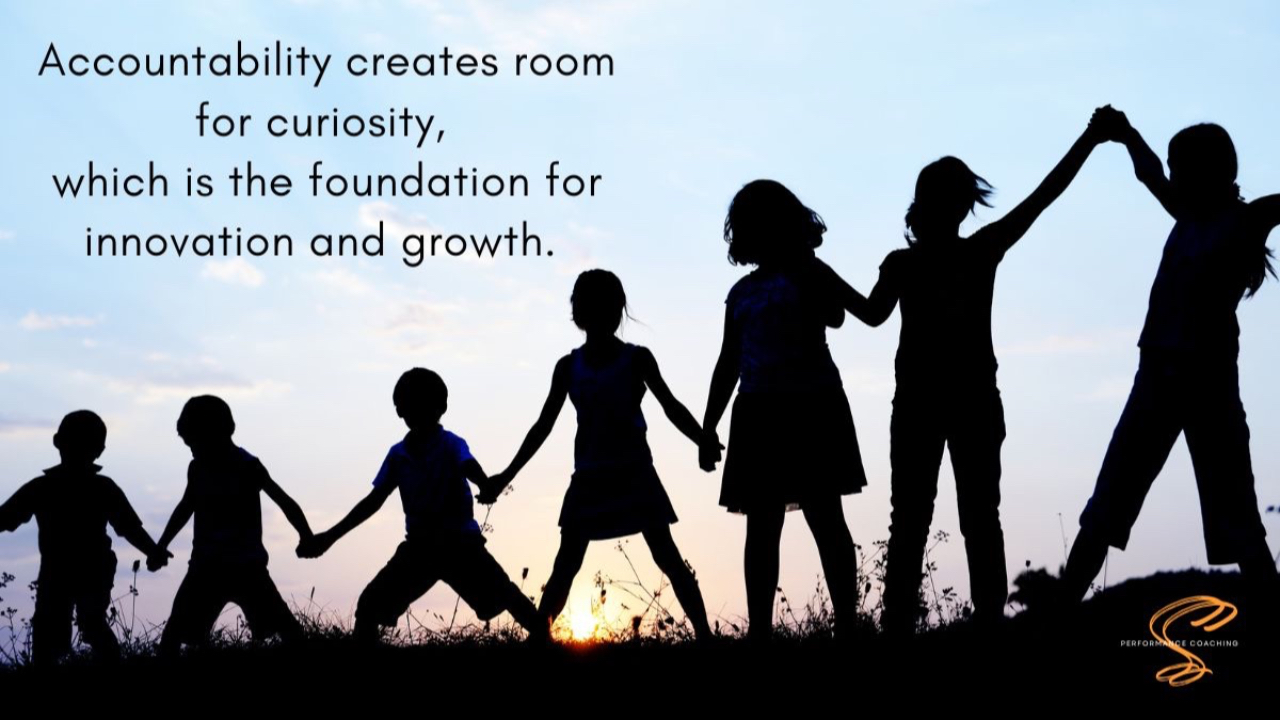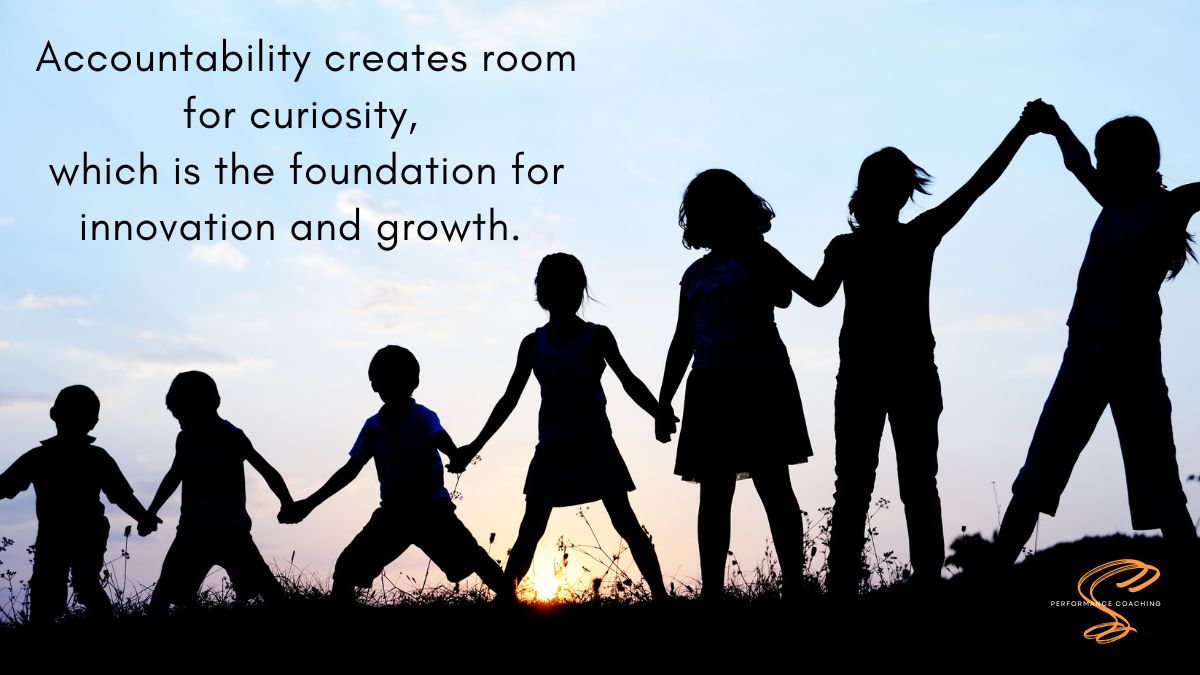Punishment Precludes Accountability
Feb 23, 2023
If you have been keeping up with me you might have heard that I recently had my brain broken at my children’s school, where I attended a talk by Dr. Carla Shalaby, a former teacher turned researcher, advocate, and innovative thought leader, who presented some truly thought-provoking ideas about how we teach young children. She challenged the traditional concept of "classroom management" and instead focused on teaching children the responsibility of freedom and accountability.
One of the most mind-blowing ideas Dr. Shalaby presented was that punishment and accountability are not the same things.
In fact, punishment actually precludes accountability.
When we punish children for not following the rules, we teach them to avoid certain behaviors in order to avoid punishment. This is the opposite of accountability, where we take responsibility for our actions and their impact on others, regardless of who is watching. We do the right thing even if we know we won’t get caught.
Dr. Shalaby suggested a different approach, one where we teach children the impact of their behavior on others, and engage them in discussions about how their actions affect the classroom community, focusing less on punishment and more on keeping them accountable for their actions and impact. This got me thinking about how we approach goals as adults.
As a performance coach for high achievers, I often work with clients who have been trained to set goals and then use punishments as a way of keeping themselves in line. After all, many high achievers got to where they are by succeeding in the traditional classroom. The system of punishment as a way to keep themselves in line is one they are familiar with and well-acculturated to. But as the old famous coaching saying goes "What got you here won’t get you there". The system of keeping yourself in line through punishment is limiting, not to mention exhausting.
When we live in the punishment model we fill our brain with close-ended statements that are supposed to whip us into shape, things like:
- I could be doing more
- I should be doing more
- Get your shit together and just do it
But when we shift our mindset to one of accountability instead, the statements turn to questions that help us grow and tackle our challenges. These questions allow us to be curious enough to actually solve the problems we face. Questions like:
- What barriers am I hitting up against that won’t allow me to meet my goals?
- What do I need to let go of to achieve this?
- How can I create more consistency?
The shift from punishment to accountability may seem subtle, but the impact on our neurochemistry and psyche can be huge. Instead of whipping ourselves into shape with negative self-talk and bashing our heads against brick walls until they break, we can approach our goals with curiosity and a willingness to explore obstacles and blindspots; creating space for innovation and growth.
So, let's all take a page from Dr. Shalaby's book and teach ourselves and our children the power of accountability. Who knows what amazing things we can accomplish when we approach our goals with a commitment to taking responsibility for our actions and impact?

SUBSCRIBE TO GET THE HIGH STANDARD WEEKLY
The weekly newsletter for working professional mothers who are committed to high quality lives for themselves and their families.
We hate SPAM. We will never sell your information, for any reason.

